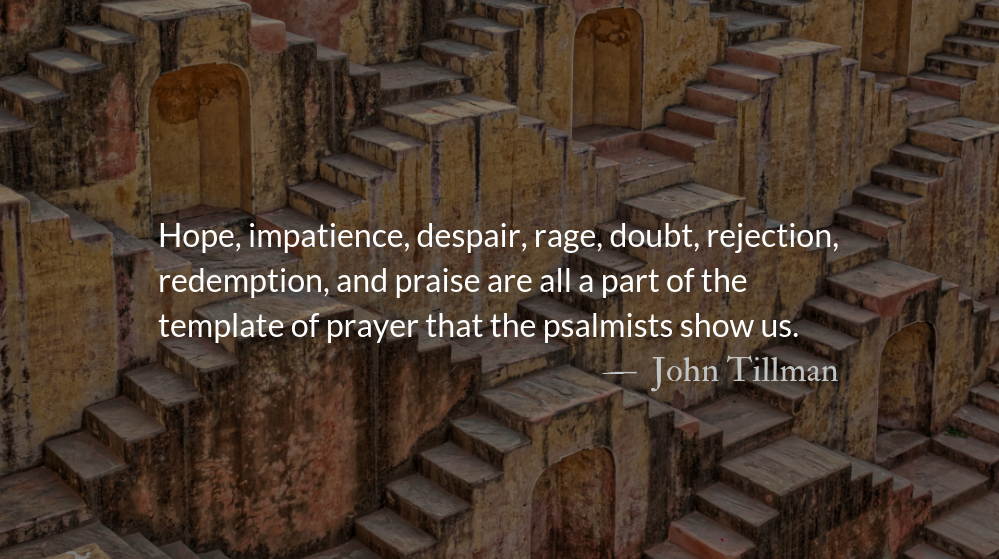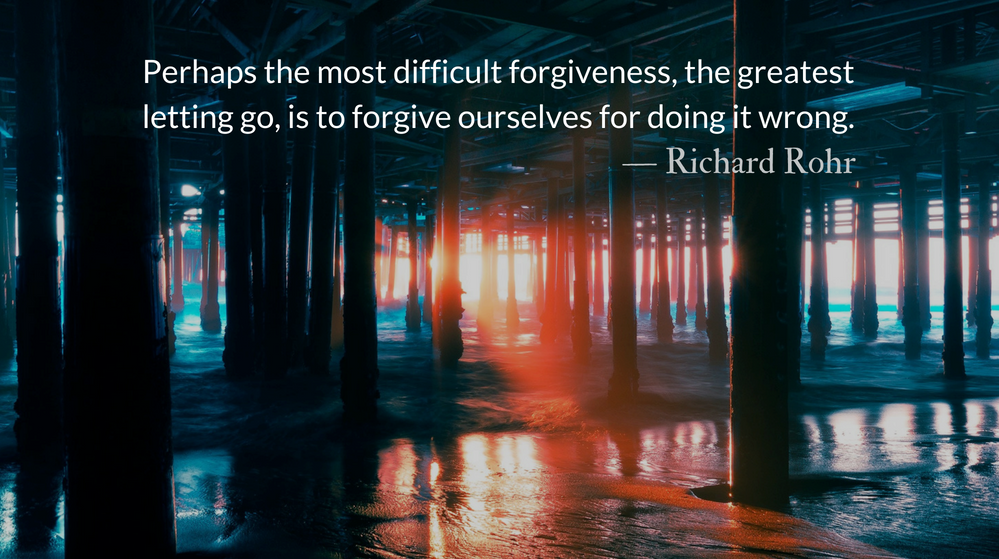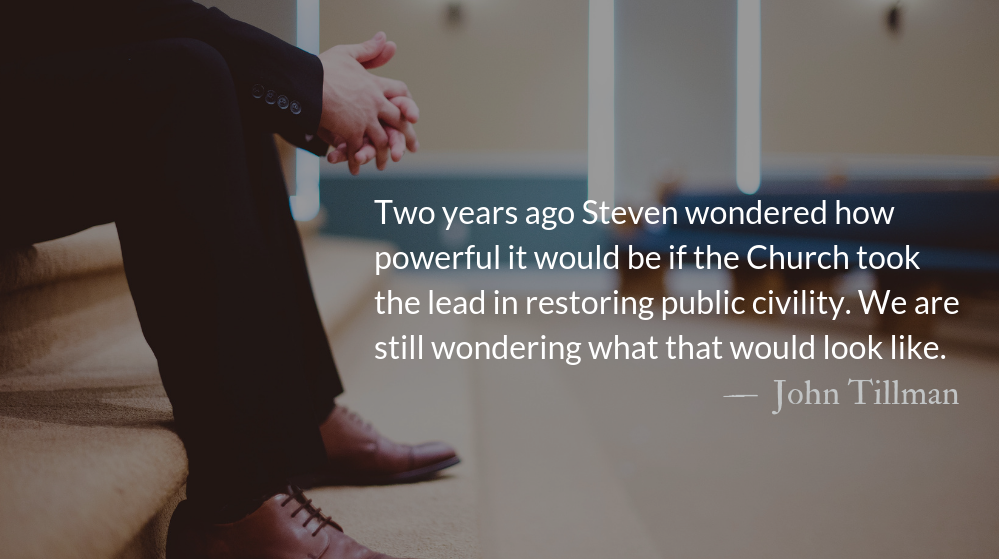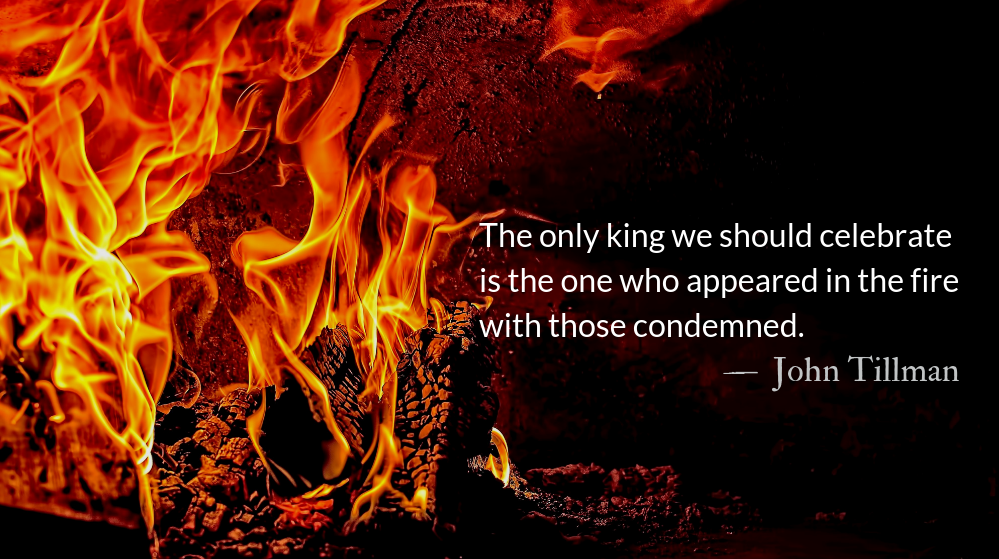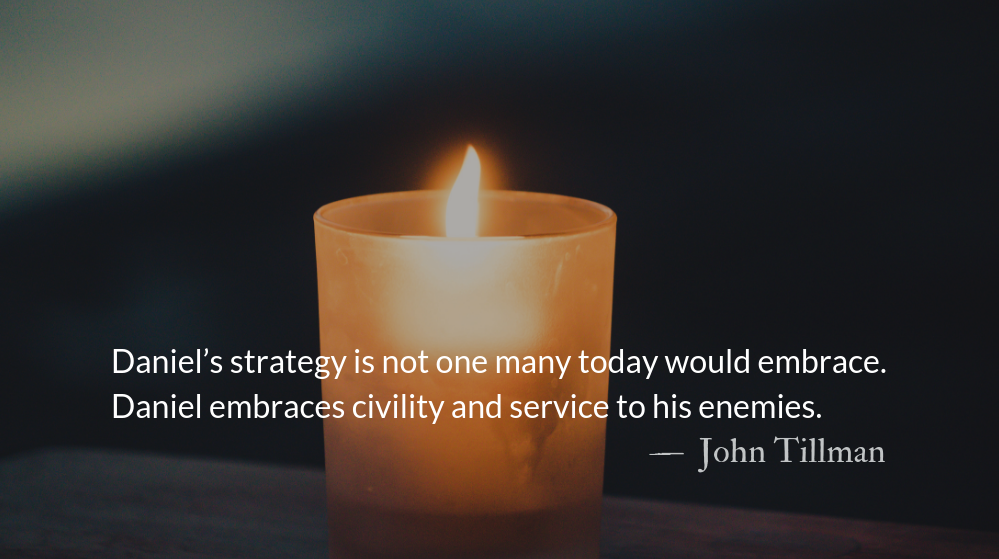Psalm 116.11
…in my alarm I said,
“Everyone is a liar.”
Reflection: What to Expect when Suffering :: A Guided Prayer
By John Tillman
When in suffering, we can at times be surprised by the emotions that are stirred. We can encounter deep sadness, anguish, and even rage.
Suffering comes in many forms and many intensities. But our response follows a predictable pattern. Hope, impatience, despair, rage, doubt, rejection, redemption, and praise are all a part of the template of prayer that the psalmists show us. There is comfort in acknowledging the emotional rollercoaster that is the the psalmists’ testimony.
Don’t be surprised or ashamed of the emotions that come in times of struggle and pain. With faith in God, we can move through cycles of emotions to the peace that God gives us in his presence.
Today we will follow a guided prayer with portions of Psalm 116 from today’s reading.
What to Expect When Suffering
The cords of death entangled me,
the anguish of the grave came over me;
I was overcome by distress and sorrow.
Oh God, in times of stress, despair, and struggle
We are overcome and need your comfort.
I trusted in the Lord when I said,
“I am greatly afflicted”
But the world frustrates us, teaching us that any degree of suffering is waste.
in my alarm I said,
“Everyone is a liar.”
You are the only trustworthy one, Lord,
But in our alarm, amidst fear and emotion
We sometimes call the wrong things lies
May we not reject community, simple kindness, praise, and loving words from those around us.
May we not reject being reminded that we are loved.
Instead we call the world a liar.
When they say a good life is pain-free
When they say pain proves God is not with us
Precious in the sight of the Lord
is the death of his faithful servants.
Truly I am your servant, Lord;
Rarely are our current sufferings deadly.
But, Oh God, even when they are…
You are with us now and in the hour of our death
We are precious to you at all times and in every outcome
And if the worst the world can imagine should happen to us
In our death, we simply enter your precious presence in “the courts of the house of the Lord.”
May we not wait until death to experience the peace of walking in your courts.
Help us to live, bringing the reality of your courts, on Earth as it is in Heaven.
Prayer: The Call to Prayer
Search for the Lord and his strength; continually seek his face. — Psalm 105.4
– Prayer from The Divine Hours: Prayers for Autumn and Wintertime by Phyllis Tickle.
Prayers from The Divine Hours available online and in print.
Today’s Readings
Daniel 8 (Listen – 4:39)
Psalm 116 (Listen – 1:34)
Additional Reading
Read more about When Suffering Lingers :: Readers’ Choice
Early rabbinic writings understood the bush to be a symbol of ancient Israel—persevering under the flame of Egypt’s brutality. Though we burn, we are not consumed. This is the mere beginning of God’s grace.
Read More about The Crucible of Suffering
In the midst of suffering—when we don’t sense any positive change in our circumstances—we can start to question God’s goodness and his love.
Support our Work
Each month over 22,000 Park Forum email devotionals are read around the world. Support our readers with a monthly or a one time donation.

